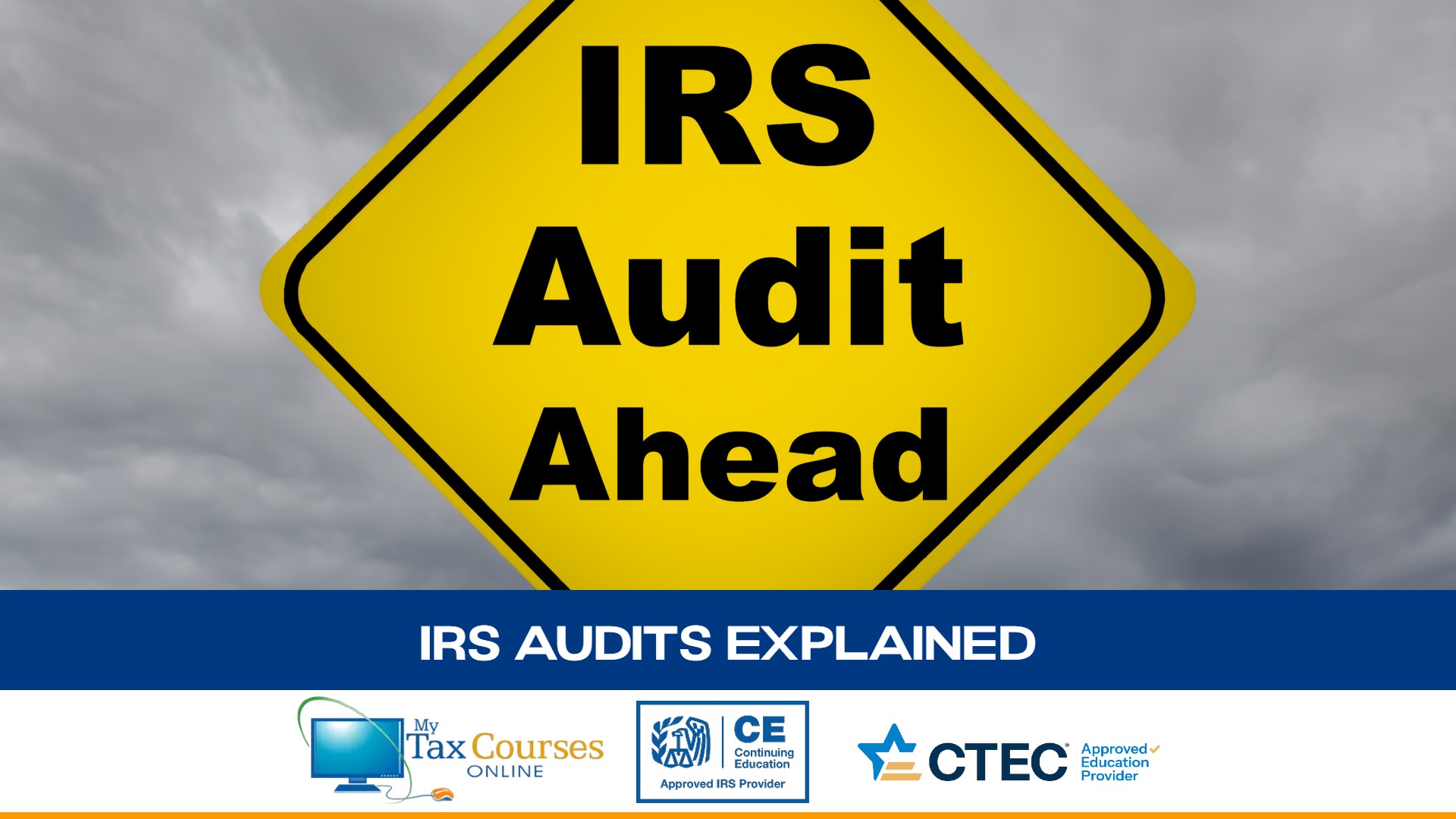An IRS audit is an examination of an individual's or organization's financial records to ensure that information is reported accurately according to tax laws and that the reported amount of tax is correct. As tax professionals, it's crucial to understand the audit process, recognize common triggers, and guide clients effectively.
Why Are Taxpayers Selected for an Audit?
Selection for an audit doesn't necessarily indicate wrongdoing. The IRS employs several methods to choose returns for examination:
- Random Selection and Computer Screening: Returns may be chosen based on a statistical formula. The IRS compares tax returns against "norms" for similar returns developed from audits of a statistically valid random sample as part of the National Research Program.
- Related Examinations: A return might be selected if it involves issues or transactions with other taxpayers, such as business partners or investors, whose returns were chosen for audit.
Common Audit Triggers
Being aware of factors that can increase audit risk helps in advising clients appropriately:
- Unreported Income: All taxable income must be reported. Discrepancies between reported income and information from third-party sources like W-2s or 1099s can trigger an audit.
- Excessive Deductions: Claiming deductions that are disproportionately large compared to income, such as substantial charitable contributions or business expenses, can raise red flags.
- Home Office Deductions: Improperly claiming a home office deduction, especially without exclusive and regular use for business, can attract scrutiny.
- Cash Transactions: Businesses with significant cash transactions are more challenging to track and may face higher audit risk.
How Does the IRS Conduct Audits?
Audits are conducted either by mail or through in-person interviews. The interview may occur at an IRS office (office audit) or at the taxpayer's home, place of business, or accountant's office (field audit). The IRS will notify taxpayers by mail and provide all necessary contact information and instructions.
What Documents Are Required?
The IRS will request specific documents to support the income, credits, or deductions claimed on the return. These may include receipts, bills, canceled checks, legal papers, loan agreements, logs or diaries, tickets, medical and dental records, or employment documents. It's essential to maintain organized records to substantiate all claims made on tax returns.
Taxpayer Rights During an Audit
Taxpayers have specific rights during the audit process, including:
- Right to Professional and Courteous Treatment: IRS employees must treat taxpayers professionally and courteously.
- Right to Privacy and Confidentiality: Tax matters should remain confidential.
- Right to Know: Taxpayers should understand why the IRS is asking for information, how it will be used, and what happens if it's not provided.
- Right to Representation: Taxpayers can represent themselves or have an authorized representative.
- Right to Appeal: Taxpayers can appeal disagreements within the IRS and before the courts.
Conclusion of an Audit
An audit can conclude in three ways:
- No Change: All items reviewed are substantiated, resulting in no changes.
- Agreed: The IRS proposes changes, and the taxpayer understands and agrees.
- Disagreed: The IRS proposes changes, but the taxpayer disagrees.
If there is disagreement, taxpayers can request a conference with an IRS manager, seek mediation, or file an appeal.
Enhance Your Understanding
For a comprehensive understanding of audit triggers and to better serve your clients, consider enrolling in My Tax Courses Online's course: IRS Red Flags & Common Filing Errors. This course delves deeper into common audit triggers and filing mistakes, equipping tax professionals with the knowledge to navigate the complexities of tax compliance effectively.
By staying informed and vigilant, tax professionals can better assist their clients in maintaining compliance and minimizing the risk of audits.
Sources:
https://www.irs.gov/businesses/small-businesses-self-employed/irs-audits





